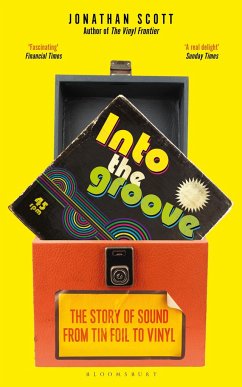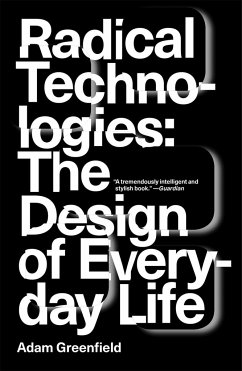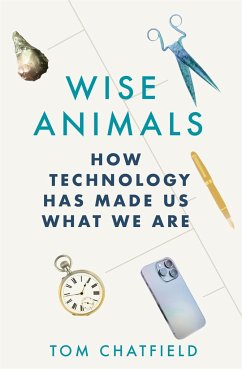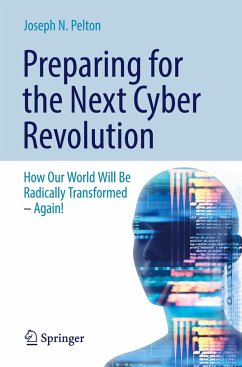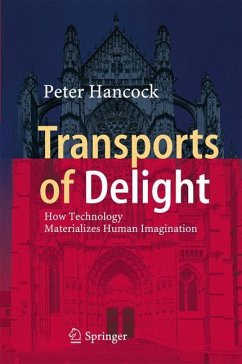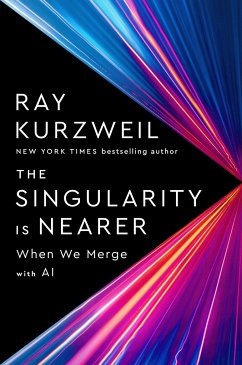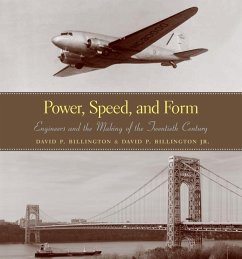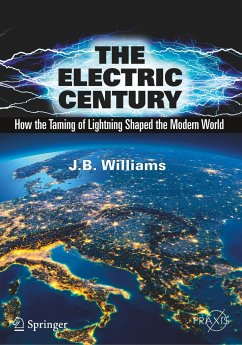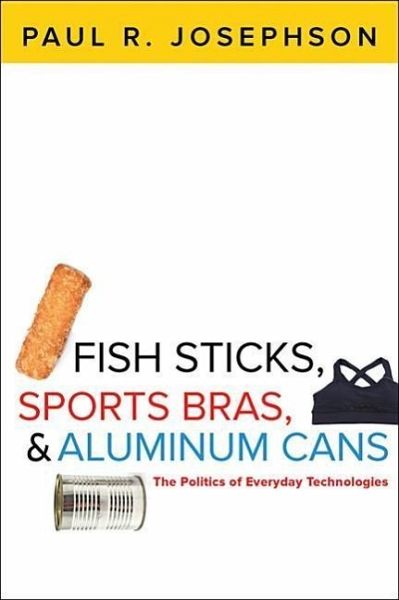
Fish Sticks, Sports Bras, and Aluminum Cans
The Politics of Everyday Technologies

PAYBACK Punkte
15 °P sammeln!
Who would have guessed that the first sports bra was made out of two jockstraps sewn together or that it succeeded because of federal anti-discrimination laws? What do simple decisions about where to build a road or whether to buy into the carbon economy have to do with Hurricane Katrina or the Fukushima nuclear disaster? How did massive flood control projects on the Mississippi River and New Deal dams on the Columbia River lead to the ubiquity of high fructose corn syrup? And what explains the creation - and continued popularity - of the humble fish stick?In Fish Sticks, Sports Bras, and Alum...
Who would have guessed that the first sports bra was made out of two jockstraps sewn together or that it succeeded because of federal anti-discrimination laws? What do simple decisions about where to build a road or whether to buy into the carbon economy have to do with Hurricane Katrina or the Fukushima nuclear disaster? How did massive flood control projects on the Mississippi River and New Deal dams on the Columbia River lead to the ubiquity of high fructose corn syrup? And what explains the creation - and continued popularity - of the humble fish stick?
In Fish Sticks, Sports Bras, and Aluminum Cans, historian Paul R. Josephson explores the surprising origins, political contexts, and social meanings of ordinary objects. Drawing on archival materials, technical journals, interviews, and field research, this engaging collection of essays reveals the forces that shape (and are shaped by) everyday objects.
Ultimately, Josephson suggests that the most familiar and comfortable objects - sugar and aluminum, for example, which are inextricably tied together by their linked history of slavery and colonialism - may have the more astounding and troubling origins. Students of consumer studies and the history of technology, as well as scholars and general readers, will be captivated by Josephson's insights into the complex relationship between society and technology.
In Fish Sticks, Sports Bras, and Aluminum Cans, historian Paul R. Josephson explores the surprising origins, political contexts, and social meanings of ordinary objects. Drawing on archival materials, technical journals, interviews, and field research, this engaging collection of essays reveals the forces that shape (and are shaped by) everyday objects.
Ultimately, Josephson suggests that the most familiar and comfortable objects - sugar and aluminum, for example, which are inextricably tied together by their linked history of slavery and colonialism - may have the more astounding and troubling origins. Students of consumer studies and the history of technology, as well as scholars and general readers, will be captivated by Josephson's insights into the complex relationship between society and technology.





